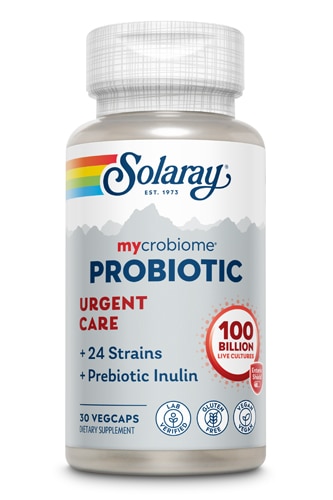Can turmoil in your belly throw your heart, head and other body parts out of whack?
Crazy as it sounds, poor gut health can jeopardize your overall well-being, from head to toe.
What is gut health?
Your digestive tract is a 30-foot-long muscular tube that helps break down foods so the body can absorb nutrients.
In addition, gut bacteria and other helpful microbes live in the digestive tract, aiding with digestion and boosting overall health.
“Your immune response begins in your digestive tract, which houses a large percentage of our immune system,” says Jen Bruning, a Chicago-based registered dietitian nutritionist and spokesperson for the Academy of Nutrition and Dietetics
The food you eat supports the healthful bacteria in your body. So, what travels through the digestive system can help control weight, and keep the heart and brain healthy.
“There is also a gut-brain connection that can play a role in determining our mental health status,” Bruning says.
Meanwhile, problems in the digestive tract can spark several health concerns, including:
- Obesity
- Type 2 diabetes
- Irritable bowel syndrome
- Colon cancer
In addition, poor gut health weakens your immune system, and may hamper your response to allergies, asthma and even rheumatoid arthritis.
“Ignoring gut health can have consequences,” Bruning says.
How to improve gut health naturally
Digestive disease is a common problem, impacting up to 70 million Americans, according to the National Institutes of Health.
Fortunately, you can take steps to keep your gut – and the rest of the body – purring along.
For starters, try to consume probiotic foods. These foods contain live and active cultures similar to the microbes naturally found in the human gut.
It is believed that probiotic foods help support gut health. Examples of such foods include yogurt and kefir, as well as other fermented products like sauerkraut and kombucha.
In addition, some foods act as prebiotics. “These foods support and feed the good bacteria in our gut, allowing them to flourish,” Bruning says.
Examples of prebiotic foods include bananas, oats and artichokes.
Getting enough fiber is a “huge” factor in maintaining gut health, Bruning says. Some fibers act as prebiotics, and fiber of all types allows you to have regular, easy and healthy bowel movements.
“Even if this topic ‘icks’ you out, it’s really important to pay attention,” Bruning says. That is because adequate fiber intake can prevent conditions ranging from hemorrhoids to colon cancer.
More tips for boosting gut health
The National Institutes of Health recommends taking other steps to keep your gut healthy. They include:
Eating a balanced diet. A menu rich in a variety of fruits and vegetables will give you a mix of nutrients and fibers. Try to consume these foods at every meal.
Consuming smaller meals. Eating large portions puts you at increased risk of reflux.
Avoiding or reducing your intake of processed foods. Such foods generally lack fiber and are not helpful to digestion.
Reducing stress. Tension can make it harder for the body to digest food. Activities such as meditation and exercise can help the body relax.
Creating routines. Digestion works better when you put it on a schedule. So, try to eat at the same times each day. Also, limit what you eat after dark, as your digestive tract is not as active then.
Bruning also adds that consuming large amounts of antibiotics can kill off both good and bad bacteria in your system. So, use antibiotics judiciously.
“You should follow your doctor’s advice and take these medications as prescribed, and when needed,” she says. “But be sure to replenish the good bacteria by eating probiotic foods.”




